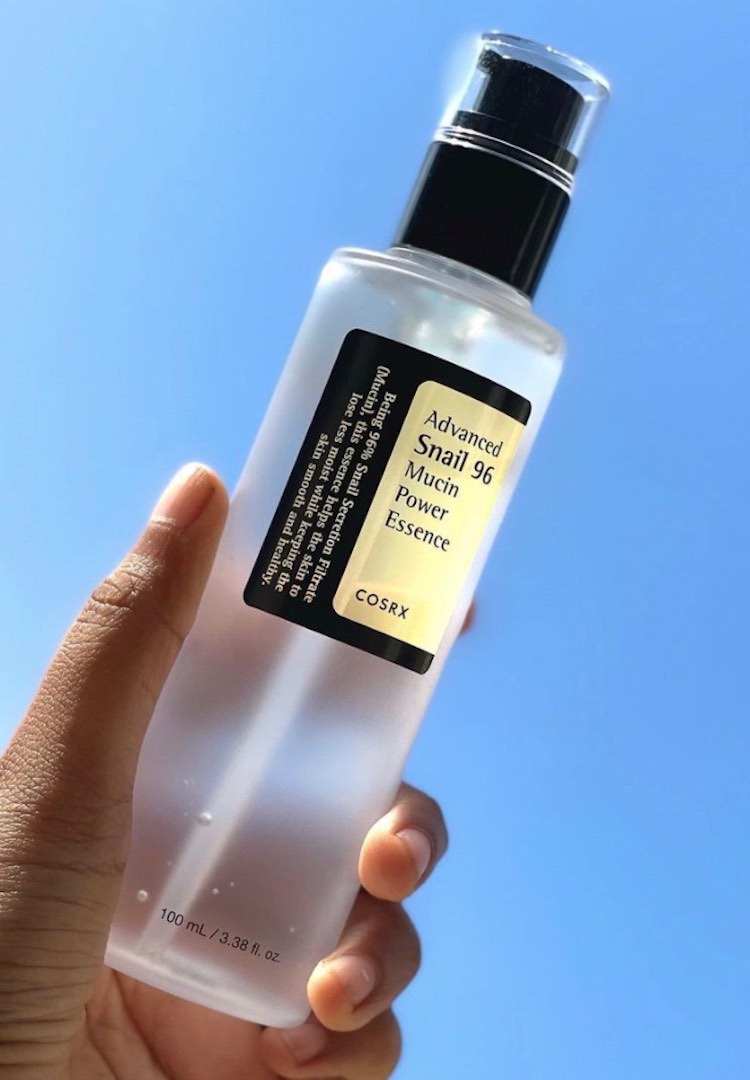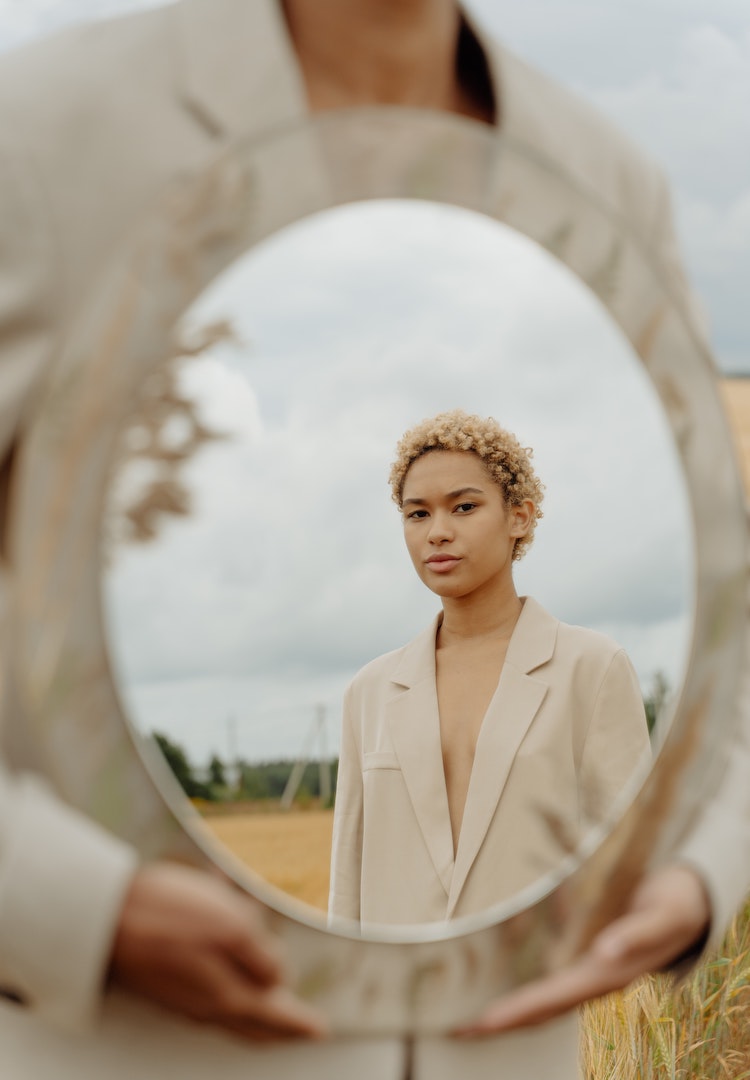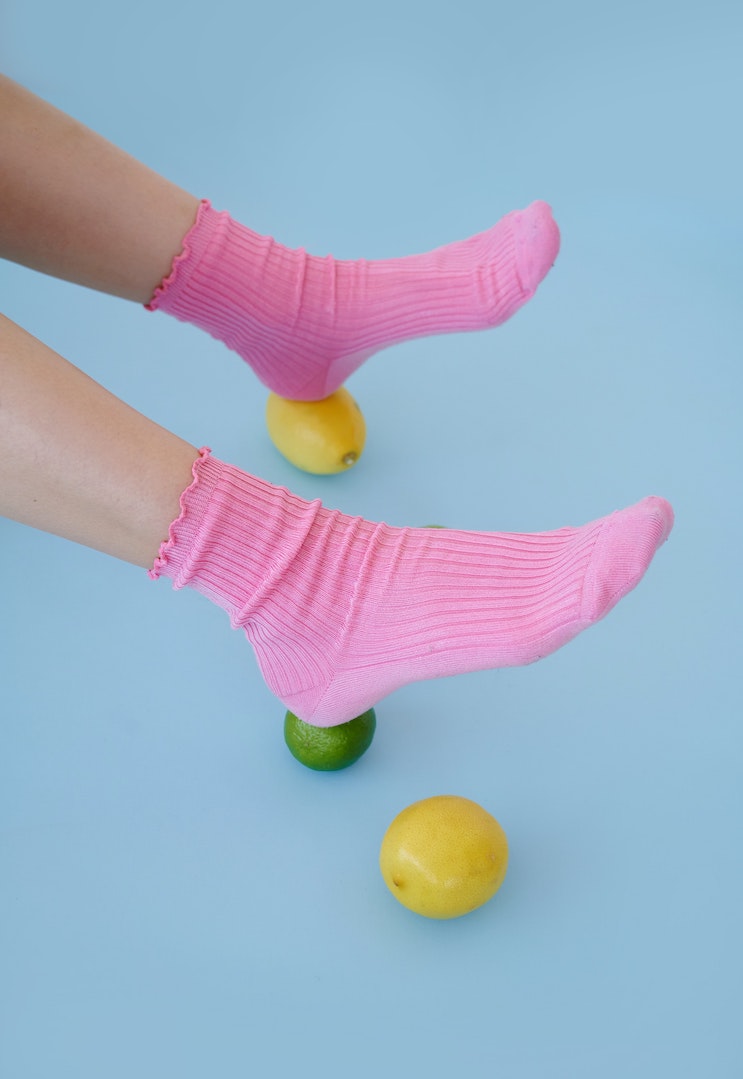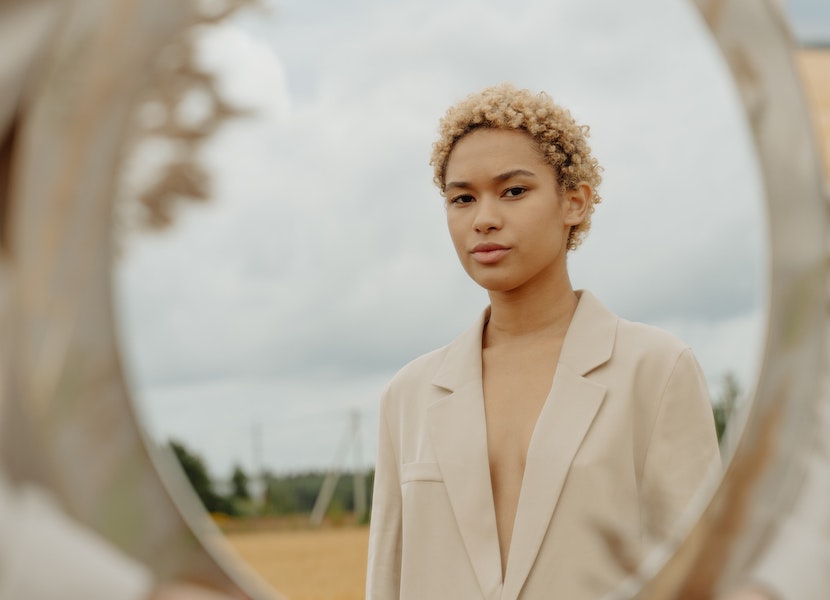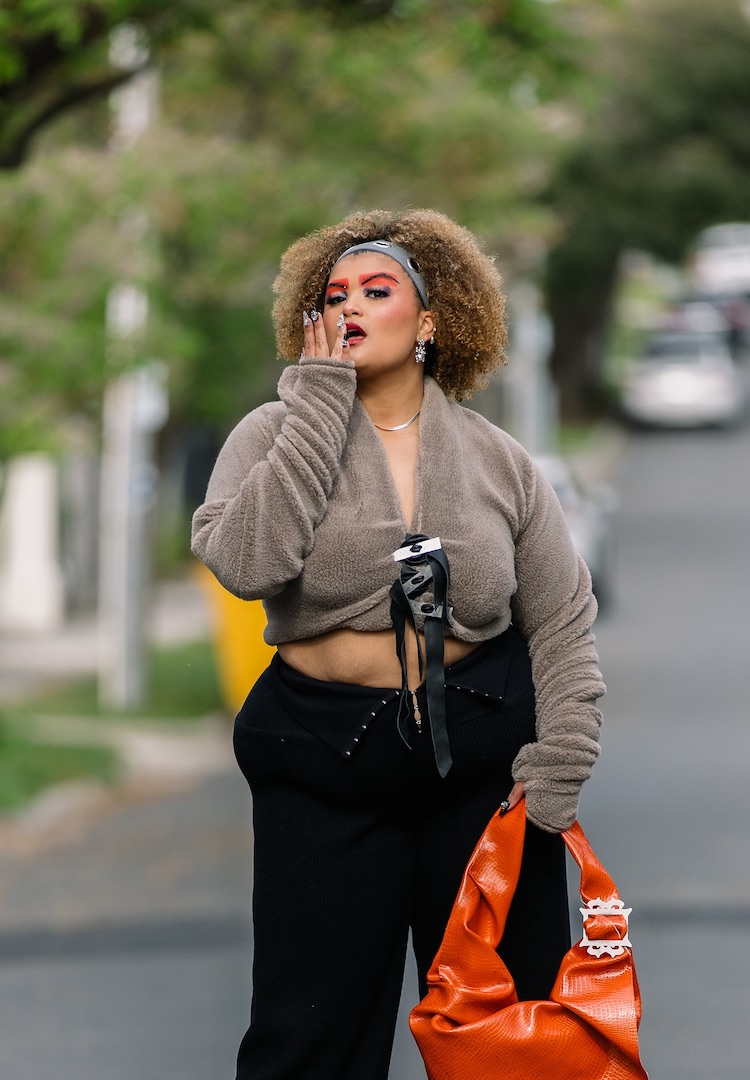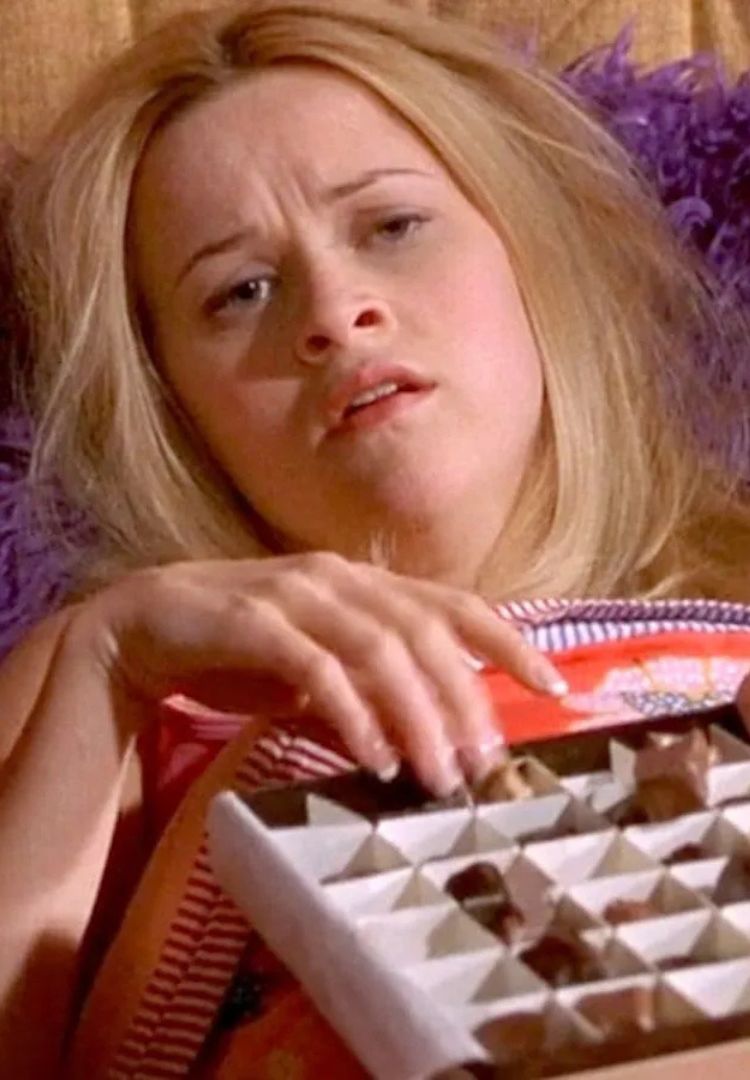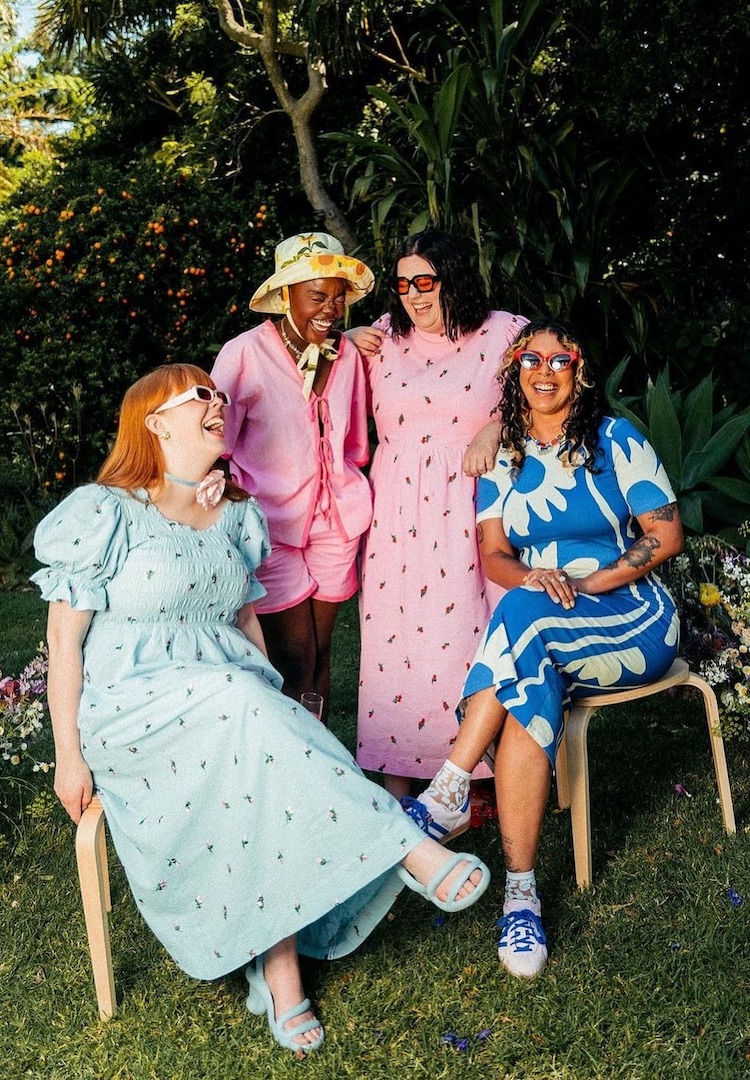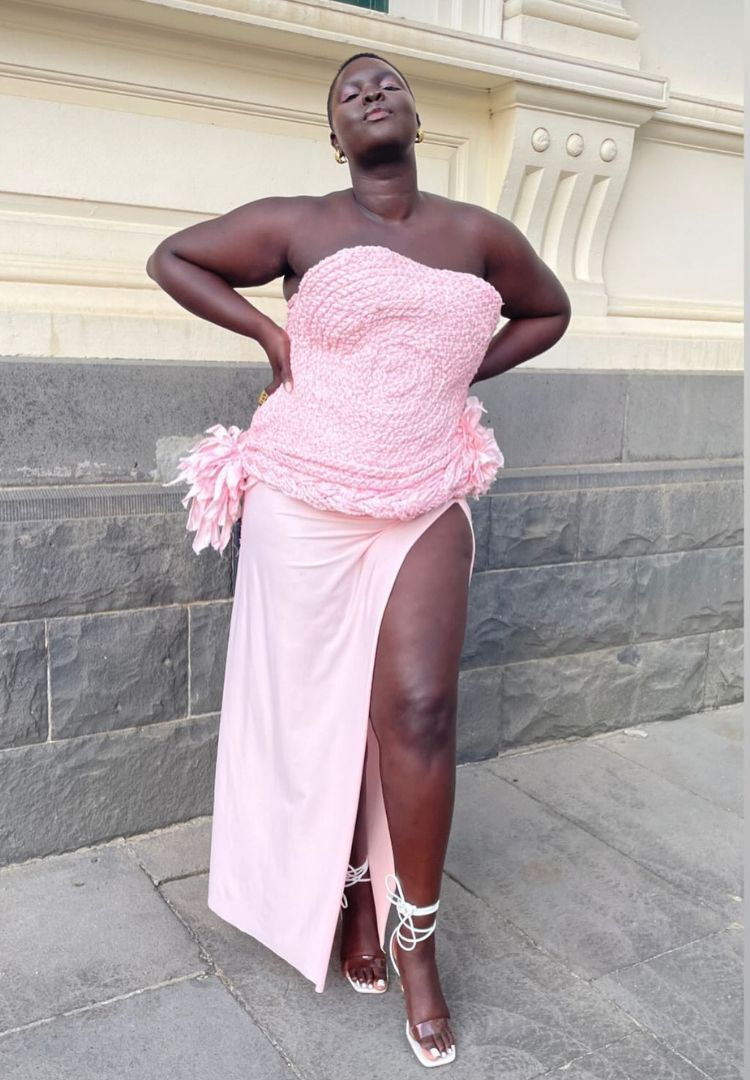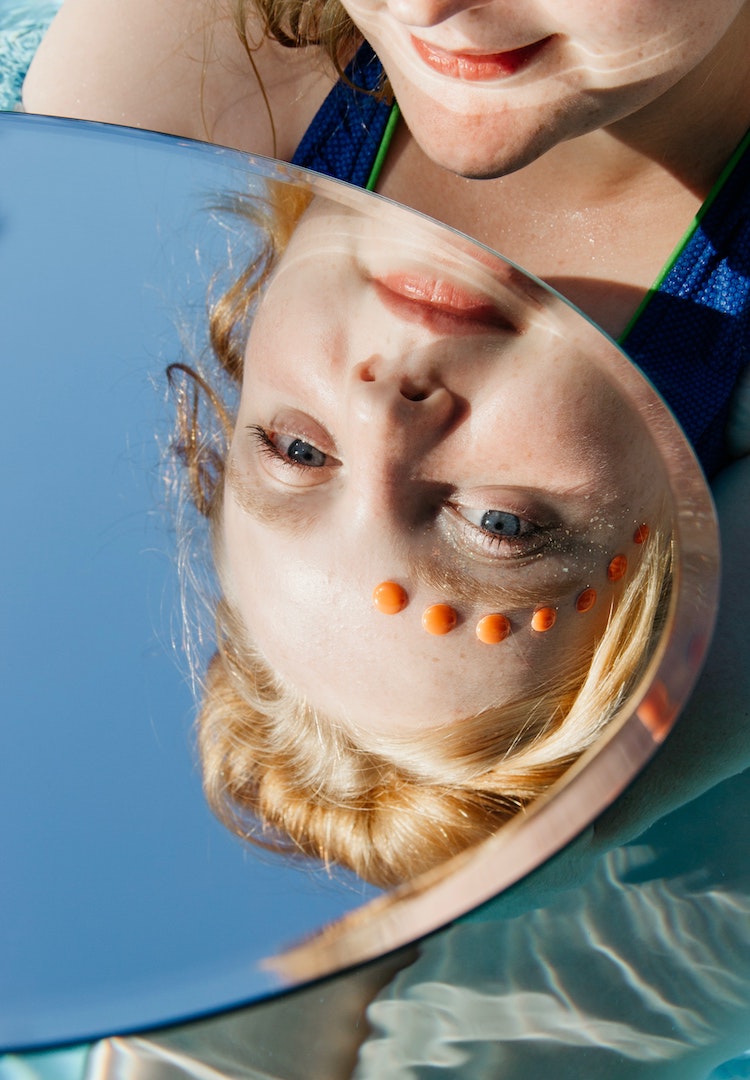Are self-love and cosmetic surgery mutually exclusive?
WORDS BY TAYLOR RICHARDSON
“Why are we disregarding all the good that comes with ridding ourselves of a pesky insecurity?”
I’ve loathed my nose for as long as I can remember. In my youth, it had a cute button-esque charm to it, as most children’s do, but my snout missed the train to outgrowing its childhood shape and our relationship has been on a downward trajectory ever since.
While my girlfriends’ noses thinned out and took on a feminine slope, mine remained looking like it belonged on a Vegemite-smeared six-year-old’s face. And as a result, rhinoplasty has always been a thought in the back of my mind.
Want to read more about how others navigate the world? Try our Life section.
Despite being certain I wanted one, I’d long been plagued by the negative connotations surrounding plastic surgery and how it would be perceived in today’s society. Existing among a generation of women wholeheartedly embracing feminism and the self-love movement, would it be a sham for me to claim and preach self-love when I wasn’t able to accept this one part of myself?
When I recently took the plunge and booked in for a consult with a plastic surgeon, after years of contemplation, I was surprised by how often “you don’t need one” was used as a counterargument. As if we need any of the things we use to feel good about ourselves. Do we need a 10-step skincare routine or caramel-toned highlights? No sir. But does it make us feel a little cuter and a lot more confident in ourselves? Yes.
The fine line between our ‘wants’ and ‘needs’ is shifting. This is a direct result of feminism, our right to do what we want with our appearance, and the validity of that. But we’re slow to play catchup here, and I wonder why cosmetic procedures are still not viewed as a valid desire for a woman to have? Why are we disregarding all the good that comes with ridding ourselves of a pesky insecurity?
Perhaps it’s because as we embrace feminism and self-love, altering our appearance to adhere to a societal beauty standard set by the patriarchy feels a little regressive. It’s no secret that women’s appearances have been heavily dictated by what the male gaze perceives as attractive, and the feminist in me absolutely wants to actively fight against these male-imposed standards of beauty.
But the nagging insecurity I have about my nose still remains. And who’s to say that having complete control over your bodily autonomy, and how you choose to look, is anything other than feminist? Can’t I want a smaller, cuter nose purely for myself?
With the narrative being rewritten around what it means to be feminist, the contemporary interpretation of female empowerment has evolved. Now, it’s about our right to do what we please with our appearances. The concept of having botox or getting lip filler has become much less stigmatised in recent years, and the shame surrounding it is dissipating. Take Kylie Jenner, who after years of claiming expertly applied lip liner was to thank for her plump lips, admitted to having lip filler.
You’re telling me you never actually sucked your lips into a shot glass, KJ? No one really seemed to care that she’d had work done, all we ever wanted was to know how to get a perfect pout, too. And as it becomes less taboo to alter your face in the name of beauty, are we less fearful of judgement, or is something else driving us to go under the needle or knife?
Living in the digital age has definitely magnified the issue. With working from home and Zoom becoming a staple part of our lives, research suggests that a ‘Zoom Boom‘ is to blame for a surge in cosmetic procedures, with patients becoming increasingly aware of wrinkles and creases they may not have otherwise noticed. We weren’t built to stare at our reflections all day, especially when filtered through some warped semi-fish bowl effect. My nose and I do not need that sort of toxicity in our lives.
And of course, social media and our generation’s obsession with selfies come with their own hindrances. Selfies are my personal kryptonite – I’ll stare at a photo of my nose lit by particularly heinous lighting, or captured at a truly offensive angle, and scrutinise its every bulbous inch.
According to a survey of facial plastic surgeons, I’m far from alone in my obsession with getting the perfect shot. It was found that 55 per cent of the surgeons reported that their patients cited better selfies as the impetus for booking in for a cosmetic procedure. And with Dr Simon Ourian, the Beverly Hills plastic surgeon famous for working on the Kardashian clan, admitting that their combined Instagram presence helps drive most of his business, it’s not hard to believe.
But while we can attest that the likes of Zoom, selfies and even the Kardashians have played their part in our increasing desire to plump our lips and smooth out wrinkles, they’re not entirely to blame. After all, our desire to adhere to societal beauty norms, and our obsession with continuously self-improving, has existed long before we logged onto our social media accounts.
Women have always had insecurities they wished they could fix – the difference now is that the solution is more accessible to us than ever before. When it comes to whether self-love and cosmetic procedures are mutually exclusive, there may be an argument to be had for both sides, but one argument is outdated, and just another way the patriarchy continues to control what women choose, or choose not, to do.
I will always appreciate that my nose has left no room for doubt regarding my genetic ties to my dad, and his equally bulbous schnoz. And I will continue to practise self-love as best as I can, and encourage others to do the same.
My decision to enlist a plastic surgeon to rid me of my greatest insecurity doesn’t undo my feminism, nor does it eliminate my right to preach self-love and acceptance – the two aren’t mutually exclusive. Whether you choose to have cosmetic work done or not, as long as it’s a decision that you’re making for yourself, you’re fighting the good fight. Catch me in a nose splint soon.
This article was originally published on Sep 9, 2021.
For more on cosmetic surgery and self-love, try this.

